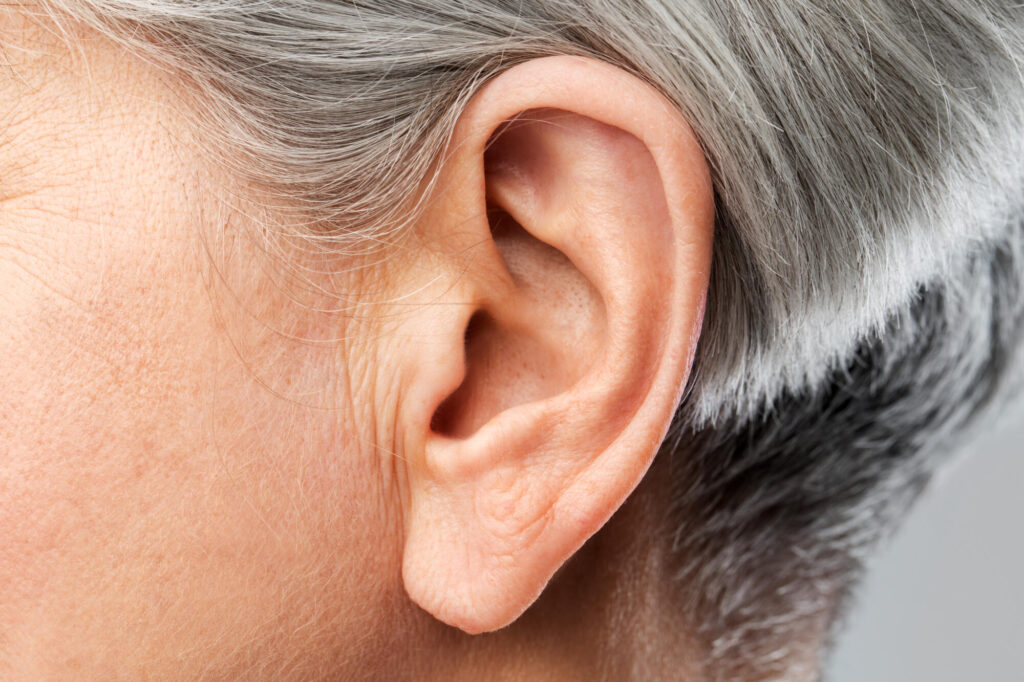As we age, our bodies go through various changes, and one of the most significant is our hearing health. Many older adults have hearing loss. This can cause social isolation, frustration, and a lower quality of life.
The good news is that there are several essential practices to maintain your hearing health as you grow older. By being proactive and informed, you can take steps to protect your ears from damage and stay connected with the world around you. Read on!
The Importance of Regular Hearing Checks
Just like regular check-ups for your heart or vision, hearing assessments are crucial. It’s recommended that older adults get their hearing screened annually.
By identifying problems early, you can address them before they escalate. Regular hearing tests can help you understand your current hearing abilities and keep track of any changes over time.
Protecting Your Ears from Harmful Noises
One of the leading causes of hearing loss is exposure to loud noises. Older adults may have already accumulated some hearing damage from years of loud music, machinery, or even firearms.
When at all possible, stay away from noisy places to preserve your hearing health. If you’re attending a noisy event, consider donning earplugs designed for musicians or concertgoers. By doing this, the level can be drastically lowered without sacrificing sound quality.
In our increasingly digital world, it’s easy to crank up the volume on personal listening devices. However, listening at high volumes can quickly lead to permanent hearing damage.
Maintain a safe volume level and follow the 60/60 rule: listen at 60% of the maximum volume for no more than 60 minutes at a time. Keeping the volume at a moderate level ensures your enjoyment while protecting your hearing health.
Nourishing Your Body for Better Hearing
The connection between nutrition and health is undeniable, and that includes your hearing health. Foods rich in vitamins and minerals can help preserve your hearing abilities. Consider incorporating:
- Leafy Green Vegetables
- Fatty Fish
- Nuts and Seeds
By adopting a balanced diet filled with these ear-friendly foods, you’re investing in your body’s overall health and listening abilities.
Manage Chronic Conditions
Chronic conditions such as diabetes, high blood pressure, and cardiovascular diseases can directly impact your hearing health. By managing these conditions with medication, lifestyle changes, and regular medical consultations, you’re also doing your part in hearing loss prevention. It’s vital to work closely with your healthcare provider to keep these conditions under control.
Aim for at least 150 minutes of moderate aerobic activity weekly. Activities such as walking, swimming, or cycling can all contribute to better hearing health while allowing you to stay active and fit.
Embrace Hearing Aids or Devices if Needed
If you’re already experiencing hearing difficulties, don’t hesitate to explore the option of using hearing aids or assistive devices. Many older adults are reluctant to get help, often underestimating how much a hearing aid can improve their quality of life.
Advances in technology have made hearing aids more discreet and efficient than ever. They can amplify sounds and enhance conversation, enabling a richer social experience.
Take Charge of Your Hearing Health
Maintaining hearing health as you age is not just about addressing problems but preventing them altogether. Regular check-ups, protecting your ears from loud noises, eating a balanced diet, managing chronic conditions, and embracing assistive devices when necessary are all key steps toward better hearing. Your hearing health is a crucial aspect of your overall well-being.
Take action today to preserve your ability to connect with the world around you.







